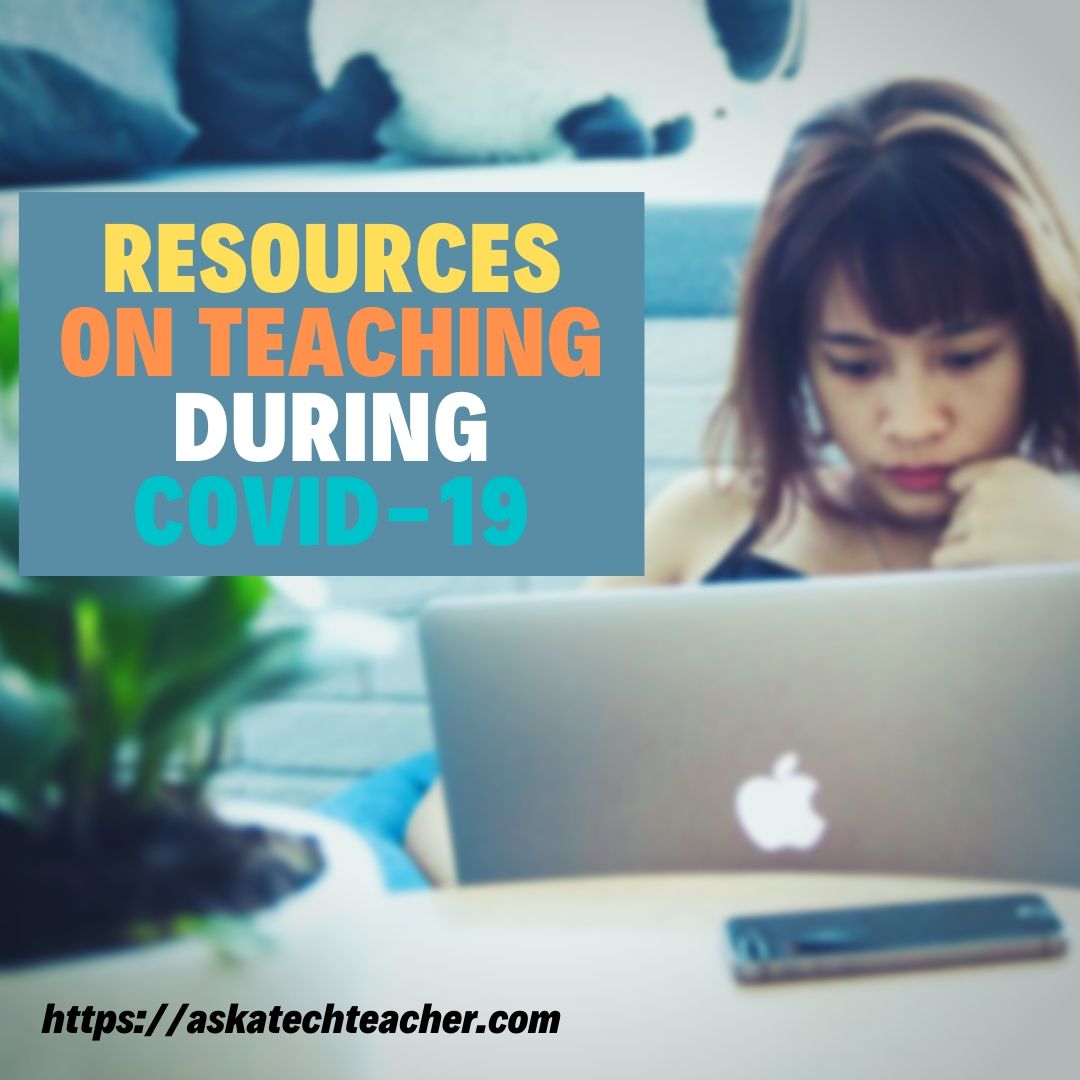 Nearly three million students currently attend online programs and six million take at least one online class. This means learning online has become one of the most popular approaches to education.
Nearly three million students currently attend online programs and six million take at least one online class. This means learning online has become one of the most popular approaches to education.
I am an adjunct profession who teaches solely online for a variety of big-name colleges and Universities. Each year, the classes grow in size. Whether you like it or not, this is the future of education, where people pursue learning without the need for a car, expensive gas, parking fees, campus-based meals, housing (if you live on campus), traffic delays, absent teachers, wait lists for full classes, inflexible time schedules, conflicts with personal schedules, and all those details that make attending college a juggling act. Done right, you don’t have to give up the collaboration, camaraderie, and new friends to get the passion of learning, the huzzah of amazing knowledge, and the high of improving yourself.
What I like best about online classes is that they are personalized learning that differentiates for varied student needs, learning styles, and communication methods. Don’t get me wrong. I know it’s not for everyone but for some, it allows them to achieve their goals without the suffocating structure usually associated with attending on-campus classes.
Before I get into how I teach online classes, here are some of the factors to consider when you weigh online or on-campus:
Pros
Here is a sampling of reasons why students love to learn online:
- They develop a community of learners much greater than a typical on-campus class, and these learners can be as involved or distant as they choose to be.
- Students learn new tech tools they will see again and again — in fact, that are being adopted by K-12 schools for snow days and student sick days.
- Once learned, they are easy. They are designed not for geeks but for everyone else who will try a webtool if it’s intuitive and easy to use.
- Online enrollment is not limited by geography or age, making the learning network students access larger than any on-campus class.
- Many online classes are accredited by a variety of traditional organizations. That means they’re as rigorous and robust as on-campus versions.
- Regulations for online colleges are not decided by where you live but your qualifications, preparation, and interest. This means you may (or may not) have more flexibility in attaining a degree than you would at your local schools.
- Students who have reasons for avoiding others — maybe they’re shy — will find online classes better suited to their particular needs.
- While most online classes include deadlines and due dates, they don’t restrict how much time students do or don’t spend preparing the material, just its submittal. If you’re one of those who spends more time than the norm (or less), when it’s done from the comfort of your home on your own schedule, it doesn’t matter.
- Many students don’t learn well in a traditional school due to classmates, the environment, rules, time limitations, or a different reason. Online classes include fewer distractions, no worries about what to wear, and there are no cliques.
Cons
Online classes aren’t for everyone. Here are some of the reasons why some say they aren’t a good choice:
- The perception is that online classes aren’t as rigorous. Pushing your limits is a great benefit of education. If you haven’t found the classes you take online offer this cerebral push, they probably aren’t a good choice in your area.
- Some universities don’t yet offer online classes. If your goal is to receive a degree from a particular school, they may not offer fully-fleshed out online degrees. Yet.
- If virtual meetings are required (which more and more online classes do), these may be new technology to you and intimidating to try.
- Your Internet connection or WiFi may be too spotty or undependable to trust it will work throughout the time required for an online class.
- Technology is a show-stopper for some who feel unequipped to handle online LMSs like Blackboard, class forums, virtual get-togethers, homework submittal, and more.
- Online classes require self-motivation. While they do have deadlines and due dates, there is little peer or teacher pressure to submit. It is the student responsibility to do the required work and submit it on time.
- Be sure the school you are considering is accredited by a group approved by the US Department of Education to meet certain education quality standards.
Running an online class
I have taught both on-campus and online throughout my career. I prefer online not only because it better fits my schedule but because I have always favored responding to the needs of students underserved by traditional education choices. As the professor for an online class, I can adapt to student needs, meet them outside of office hours when required, respond to their email requests more quickly, and approve their desire for program modifications more quickly. Overall, I like being a partner with those passionate about learning but poorly-suited to campus-based classes.
Here are some of the features my students like best about my online classes:
I use a robust Learning Management System (Canvas for some and Google Classroom for others) for all classwork from assignments to sharing resources, submitting homework, taking tests, participating in discussion boards, and attending virtual meetings. Everything a student needs is found in one place. Becoming familiar with the system is no more complicated than finding parking at a campus, locating the room, and understanding the teacher’s particular rules.
Sometimes I work from a textbook but more often, I teach from carefully-selected topical articles, videos, and resources that I collect from what’s available online (legally).
I require weekly Discussion Board participation and I grade student involvement with their classmates. This activity not only replaces the typical classroom socialization but provides students with the start to their own ongoing Professional Learning Network, a valuable resource they take away from classes. I treat the Discussion Board like a faculty lounge where students/teachers stop in, chat, ask and answer questions, and share what’s on their mind.
In most of my online classes, I require attendance at a weekly virtual meeting that lasts between 30-60 minutes and is graded. These are delivered via Canvas’ Big Blue Button (which is fully integrated into the Canvas LMS), Google Hangouts, or Webroom.net. I assign questions that summarize class learning and provide a basis for conversation during the meeting. Virtual meetings give all of us an opportunity to see each other, pursue conversations started on the Discussion Board, and ask about issues from the weekly material. Because I want to encourage lifelong learning, students can join these meetings from anywhere — their home office, classroom, a family picnic, even the car ride to a social event.
I’m always available for questions or dedicated virtual meetings. But before I help with tech issues (like how to use the virtual meeting or the discussion boards), I ask students to try to solve the problems themselves. I want them to realize that the required tech 1) isn’t that hard, and 2) is within their ability. They are problem-solvers even if they don’t know it. And, how they learn the required tech is a model for how they can expect their students to learn it.
Did I miss any details you’d like to know? Ask in the comments!
Oh — BTW — if you’re looking for an interactive online class, I have four starting in June on Differentiation (MTI 563), Tech Tools in Class (MTI 562), Building Digital Citizens (MTI 557), and Using Tech to Teach Writing (MTI 558). They include great resources, are project-based, and offer lots of opportunities to interact with classmates and build your own Professional Learning Network.
More about online classes:
Certificate/College Credit Classes
Remote Learning: Tips for Thriving in This Ecosystem
15 Takeaways from Online Grad School Classes
Jacqui Murray has been teaching K-18 technology for 30 years. She is the editor/author of over a hundred tech ed resources including a K-12 technology curriculum, K-8 keyboard curriculum, K-8 Digital Citizenship curriculum. She is an adjunct professor in tech ed, Master Teacher, webmaster for four blogs, an Amazon Vine Voice, CSTA presentation reviewer, freelance journalist on tech ed topics, contributor to NEA Today, and author of the tech thrillers, To Hunt a Sub and Twenty-four Days. You can find her resources at Structured Learning.




































2 thoughts on “An Open Letter to Teachers About Online Classes”
Comments are closed.